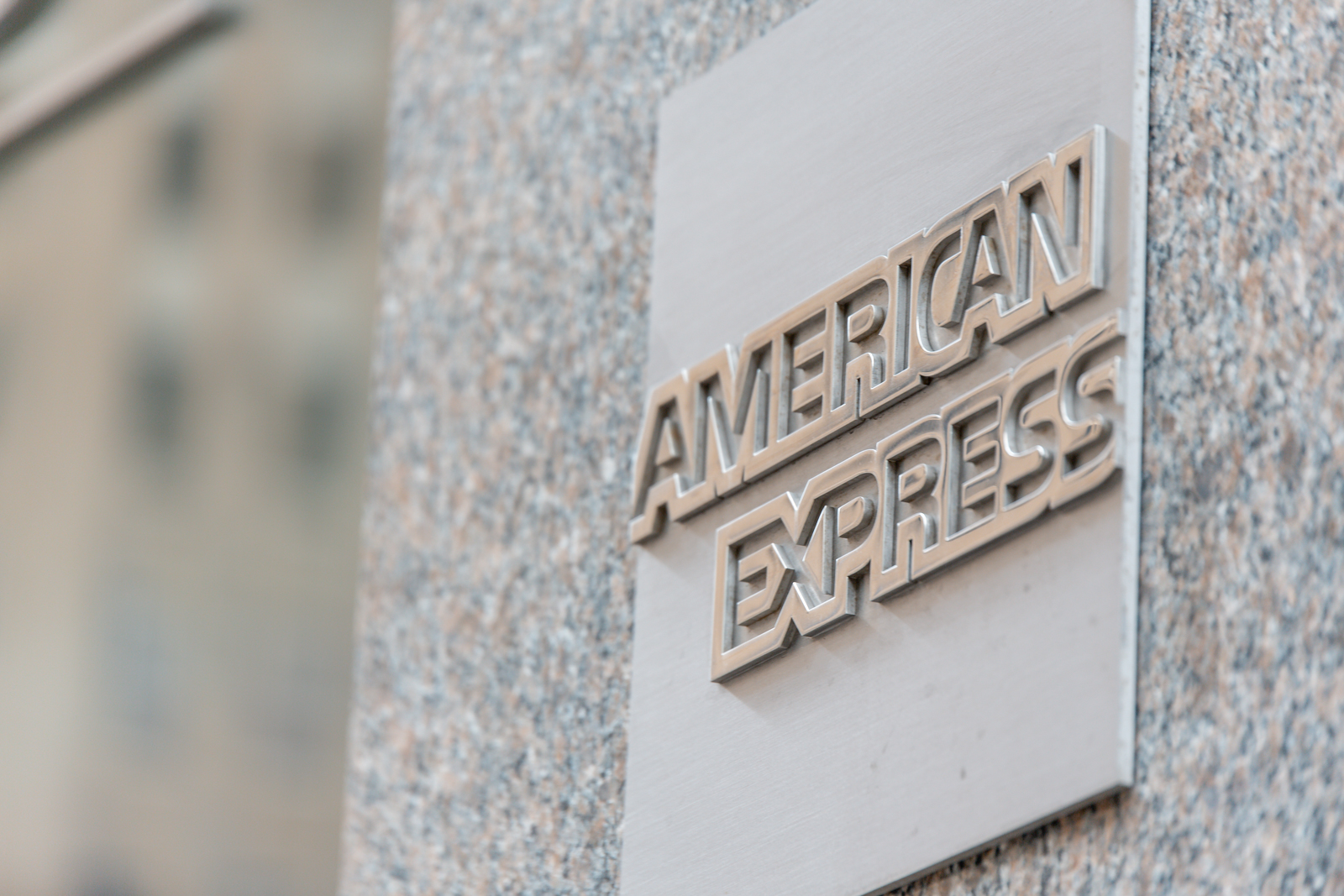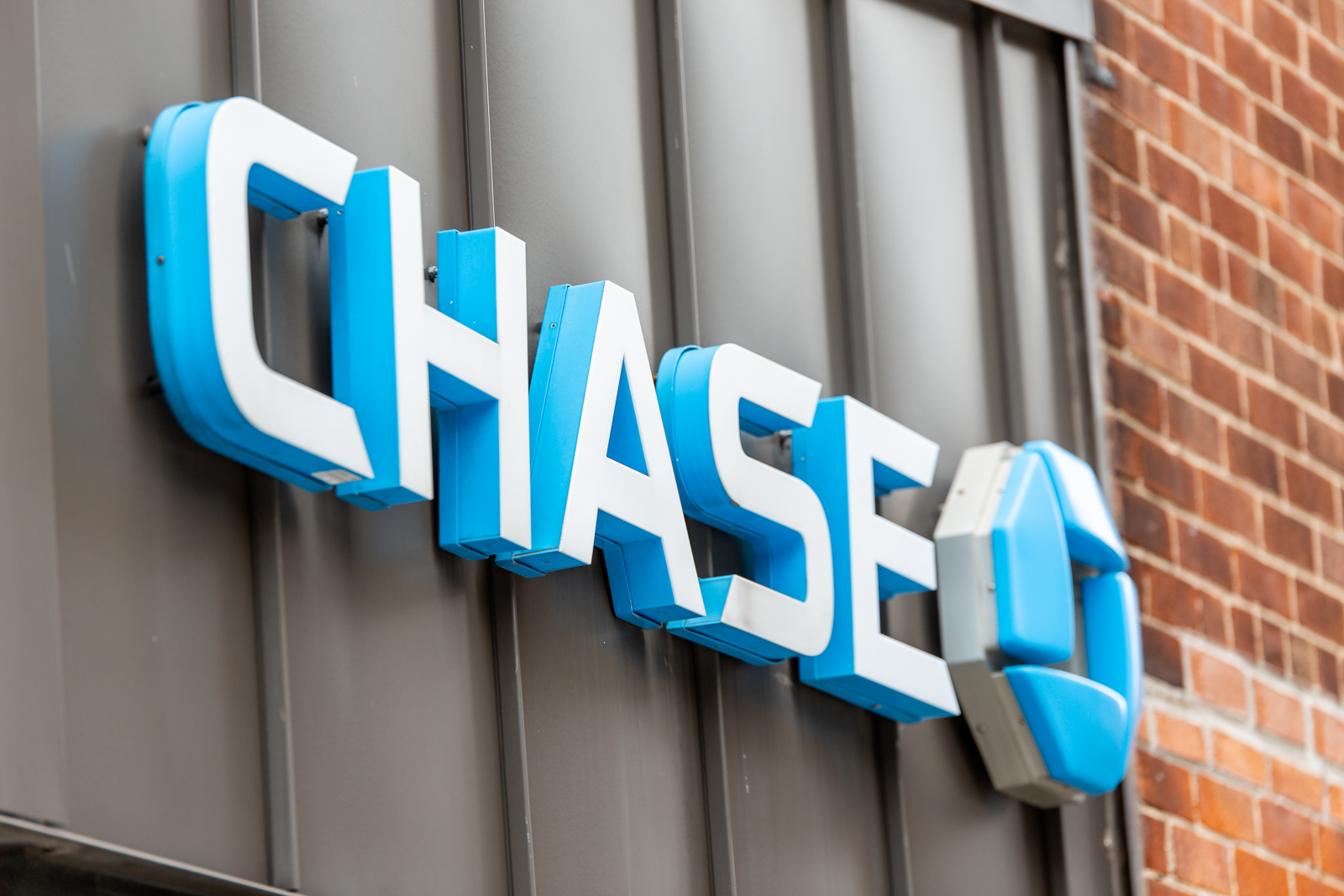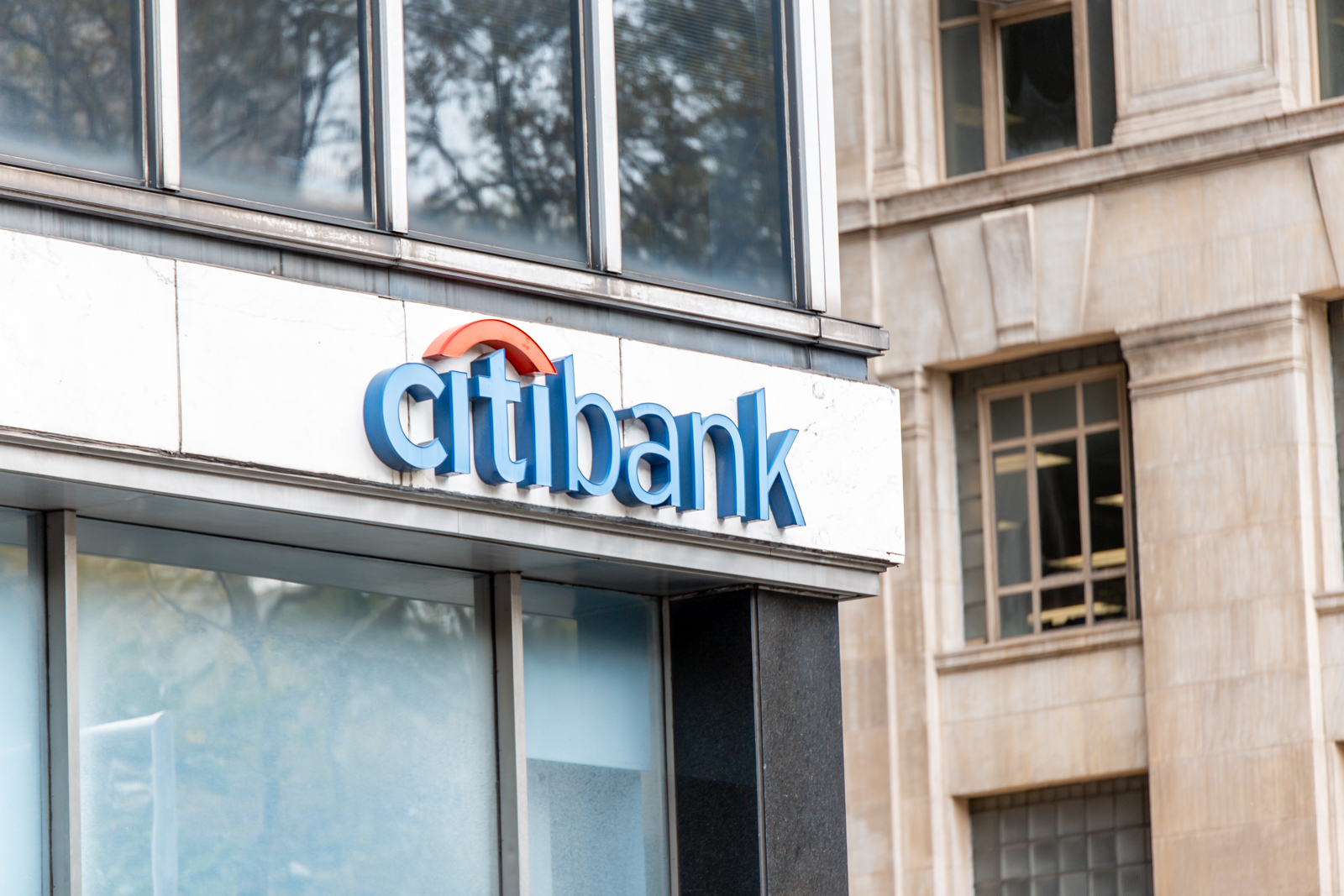How to qualify for a small-business credit card and why you should get one
Signing up for credit cards through partner links earns us a commission. Terms apply to the offers listed on this page. Here’s our full advertising policy: How we make money.
Update: One or more card offers in this post are no longer available. Check our Hot Deals for the latest offers.
We’ve done the research on requirements for getting a small-business credit card. Spoiler alert: It’s less intimidating than you think. You don’t need a full-time business with employees or six-figure revenue. It’s possible to qualify for a small-business credit card with a part-time side hustle or a freelance gig.
A number of the best credit cards for travel are also small-business cards, like the popular Ink Business Preferred Credit Card, our top pick for business owners. Earning bonuses on business cards is a fantastic way to boost your miles and point balances to get you closer to your dream vacation.

What is a small-business credit card?
A business credit card is meant to be used by a business for business expenses. In contrast, a personal credit card is intended for one’s personal use.
Who can apply for a small-business credit card?
Business owners can apply for business credit cards. If you’re a small-business owner, a business credit card is a great way to separate business and personal expenses. Because the bonus categories are tailored to small-business expenses, it’s a good alternative to a personal card.
What counts as a small business?
To qualify as a small business, you must be a for-profit enterprise — but you might be eligible even if you haven’t turned a profit. You may qualify if you have a side hustle like hosting on Airbnb, selling on eBay or freelance writing or design. Your work as an independent contractor may also count, especially if you get a 1099 form from your employer. It’s easier than you think to earn miles and points with a small business.
How to qualify for a small-business credit card
Here are the steps to take if you’re considering applying for a small business credit card:
- Know your personal credit score
- Operate a small business with the intent of making a profit
- Compare business cards to find the best fit for your particular circumstances
- Use your business card for business expenses
- Watch your travel rewards balances grow!
Benefits of small-business credit cards
I have slowly convinced every friend and colleague to start using small-business credit cards for their businesses. Not doing so is like leaving money on the table.
A friend of mine owns a roofing company. Materials for each new job cost roughly $1,000 to $6,000. He used to buy these materials from a roofing supply distributor using 30-day terms offered by the distributor. Once the customer paid for the completed job, he would pay down his line of credit. Now he uses a small-business credit card to pay for those same materials in lieu of using the distributor’s payment terms and earns thousands (sometimes tens of thousands — if he’s earning a business card welcome offer!) of free travel rewards from his 12 to 15 roofing jobs every month.
He used his good credit with the roofing distributor as a reference to help him get approved for a higher limit on his small-business credit card.
Small-business credit card revenue and income requirements
When you fill out a small-business credit card application, tell the truth. It’s OK if you’re just getting started and don’t bring in thousands of dollars a year in revenue. One reason for getting a business credit card is to help grow your operation. This is so important, you should hear it twice: Don’t lie on a small-business credit card application.
If you’re a startup and haven’t earned any income yet, put that on the application. You can also estimate anticipated income. Banks want your business to grow. When you use your card, the bank also benefits. It’s a mutually rewarding relationship.
The bank’s decision on your small-business credit application will be based on your personal credit profile. Banks look at your total income and credit score when evaluating your application. So if you qualify for a similar personal credit card, you probably will be approved for a business credit card. Banks do not require you to have a personal card to approve you for a small business card.
When you apply for your first small-business credit card, include your business revenue along with your personal income because you’ll be personally backing the credit for your business. This is straightforward on most business credit card applications, which have sections about your annual business revenue and another for your annual gross income.
Other considerations when applying for small-business credit cards
When you have a small business that you own and operate by yourself, it’s considered a sole proprietorship. You don’t need an EIN (Employee Identification Number) to apply for a small-business credit card. You can apply with your Social Security Number (SSN). Million Mile Secrets reader Juan shares how he applied for business cards as a part-time real estate agent using his SSN.
Though not required, it helps to have an account relationship with the bank, like another credit card or a checking account, before you apply. If you want to keep your expenses separate, open a small-business checking account with the bank. You’re eligible to apply for small-business credit cards, even if you don’t make deposits for your business at the bank that issues the card.
If you have other credit cards with the bank, you can offer to move part of your personal card’s credit limit to the small-business card if the bank is reluctant to approve your application.
If your business is new, set up a meeting at your local bank branch, because the bank managers often have additional leverage to use at their discretion to approve your application.
You will be asked questions about your business. Be truthful and upbeat, and explain why you want the card:
- To help grow your business
- To keep your business expenses separate
- Because you like the ability to earn points and miles and want to try a new card
- Because you have a relationship with the bank and you like their service
- You have a lot of business travel coming up and want to earn points and miles with the airline or hotel
Remember, if you’re not approved right away, you can always wait a few months and try again.
Best business credit cards by issuer
American Express
As a small-business owner, it’s possible to get an Amex small-business credit card before even opening your door. If you have no revenue, Amex will look at your credit history instead of your business income.

The Business Platinum Card® from American Express
If you’re a business owner who wants a card with premium perks like airport lounge access, the Amex Business Platinum is the right card choice. The card comes with a $595 annual fee ($695 if application is received on or after 01/13/2022) (see rates and fees).
With it, you can earn 120,000 Membership Rewards® points after you spend $15,000 on eligible purchases with your Card within the first 3 months of Card Membership.
In addition to a great welcome offer, you’ll get 1.5x Amex Membership Rewards points on eligible purchases of $5,000+ on eligible purchases in key business categories (on up to $2 million of these purchases per calendar year) and 5x Amex Membership Rewards points when you book airfare or prepaid hotels through the Amex travel site.
You can find our full review of the American Express Business Platinum here.
The Blue Business® Plus Credit Card from American Express
The no-annual-fee Amex Blue Business Plus Card (see rates and fees) is a great Amex small-business credit card. It earns 2x Amex Membership Rewards points per $1 on up to $50,000 in purchases per calendar year; then 1x Amex Membership Rewards points on all purchases. These points transfer directly to airline and hotel partners, all without paying an annual fee, which is virtually unheard-of in the world of travel rewards credit cards.
Amex small-business cards do not appear on your personal credit report. So opening a new card won’t hurt your chance of being approved for Chase cards by exceeding Chase’s 5/24 rule.
American Express® Business Gold Card
With the Amex Business Gold card, you earn a decent welcome bonus of 70,000 Membership Rewards® points after you spend $10,000 on eligible purchases with the Business Gold Card within the first three months of Card Membership, and you earn 4x Amex Membership Rewards points per dollar on two categories where you spend the most each month (capped at the first $150,000 in combined purchases each calendar year, then 1 point per dollar). The card comes with a $295 annual fee (see rates and fees).
The bonus categories include expenses that are common to many businesses, like advertising in select U.S. media (online, TV and radio), U.S. purchases from select technology providers of computer hardware, software and cloud solutions, and shipping in the U.S.
And you’ll earn 1x Amex Membership Rewards point per dollar for everything else.
This card is best suited for those who spend a lot on airfare, advertising and shipping or those who can make the most of the card’s benefits and perks, like the 25% points rebate if you use your Amex points for flights booked with Amex Travel (up to 250,000 points back each calendar year).
You’ll find our review of the Amex Business Gold Card here.
Delta SkyMiles® Platinum Business American Express Card
With the Delta SkyMiles® Platinum Business American Express Card, you’ll earn 90,000 bonus miles and a $100 statement credit after spending $3,000 in purchases on your new card in your first three months. Offer ends 4/28/21. The card comes with a $250 annual fee (see rates and fees).
When you take into account the card’s fantastic perks, like the domestic Main Cabin round-trip companion certificate each year on your card anniversary and the Global Entry/TSA PreCheck application fee credit (worth up to $100), this card is hard to beat for frequent Delta flyers.
You’ll find a full review of the Amex Delta Platinum business card here.
Capital One
Capital One Spark Cash for Business
When you apply for the Capital One Spark Cash for Business card, you’ll earn a $500 cash bonus after spending $4,500 on qualifying purchases within the first three months of account opening.
The Capital One Spark Cash for Business card also comes with benefits like 2% cash back on every purchase and no foreign transaction fees.
If you love the simplicity of cash back this is a good deal. You can collect $590 in cash after meeting the minimum spending requirements because, in addition to the welcome offer, you’ll earn 2% cash back on your $4,500 minimum spending ($90).
Read our review of the Capital One Spark Cash Card here. Check out our tips for getting approved.
Capital One Spark Miles for Business
If you’re interested in travel rewards, then you’ll want to consider the Capital One Spark Miles for Business card. If you’re approved, you’ll earn 50,000 Spark miles after spending $4,500 on purchases within the first three months of account opening.
The card comes with additional benefits like 2x Spark miles on every purchase with no cap and no foreign transaction fees.
With Capital One Spark Miles, you earn 2 miles on all of your spending, so you don’t have to worry about bonus categories.
Spark Miles transfer to 15 airlines partners. For most of the partners, the transfer ratio is 2:1.5 (except for Singapore Airlines, JetBlue and Emirates, which transfer at 2:1). Capital One has partnered with programs like Flying Blue (Air France and KLM), Air Canada and Avianca Airline, which are good options for booking award flights to Europe. This card comes with a TSA PreCheck or Global Entry fee credit (worth up to $100).
You’ll find tips for being approved for the card here. And here’s our detailed review of Capital One Spark Miles.
The information for the Capital One Spark Cash, Capital One Spark Miles card has been collected independently by Million Mile Secrets. The card details on this page have not been reviewed or provided by the card issuer.
Chase
Chase looks at your overall finances before approving a small-business credit card, much like they do before approving personal cards. Chase considers a banking relationship to be an asset, so having another Chase card or a bank account might help.
In the past, Chase has been friendly to small-business owners with little or no revenue. However, it appears that Chase looks for established businesses with future growth plans. So be prepared to answer a few questions if you’re applying with a new business.
We recommend applying for the Ink Business Preferred Credit Card, Ink Business Cash Credit Card or Ink Business Unlimited Credit Card.
Ink Business Preferred Credit Card
With the Chase Ink Business Preferred, you’ll earn 100,000 Chase Ultimate Rewards points after spending $15,000 on purchases in the first three months from account opening. Currently, it’s the highest welcome offer on any Chase Ultimate Rewards points-earning card.
The Chase Ink Business Preferred earns 3x Chase Ultimate Rewards points per $1 spent on travel, shipping purchases, internet, cable and phone services, advertising purchases made with social media sites and search engines (up to a maximum of $150,000 in combined purchases per account anniversary year). Chase Ink Business Preferred allows you to transfer your Chase Ultimate Rewards points to airline and hotel partners. You can also use them for airfare, car rentals and hotel stays at the Chase travel portal at a rate of 1.25 cents per point.
Here is more information on the card’s benefits and perks and our review of Ink Business Preferred.
Ink Business Cash Credit Card
The Chase Ink Business Cash card comes with a $750 bonus cash back after you spend $7,500 on purchases in the first 3 months from account opening.
It also earns 5% cash back (5x Chase Ultimate Rewards points) on the first $25,000 in combined purchases each account anniversary year at office supply stores and internet, phone and cable TV services. You get 2% cash back (2x Chase Ultimate Rewards points) at restaurants or gas stations (on the first $25,000 in combined purchases each account anniversary year) with no annual fee.

To transfer the points you earn with Chase Ink Business Cash to partner airlines and hotels, you need the Chase Ink Business Preferred, Chase Sapphire Reserve or Chase Sapphire Preferred Card.
You can get the both Chase Ink Business Preferred and Chase Ink Business Cash cards because they’re considered different card products: You can earn two welcome bonuses and have access to more bonus categories between the two cards.
If you apply for either of these cards, check out our guide on how to complete a Chase business card application. And you can find a full review of the Ink Business Cash card here.
United℠ Business Card
With the United Business card, you’ll earn 75,000 bonus miles after you spend $5,000 on purchases in the first three months your account is open.
You’ll also get perks like 2X miles per $1 spent on local transit and commuting – including taxis, mass transit, tolls, and ride share services, 5,000 bonus miles each anniversary when you have a new United Business Card and a personal United card and more.
You can read our full review of the United Business Card here.
Citi
According to reader reports and the MMS team’s experience, it’s possible to get a Citi small-business credit card without having any business revenue. (This is similar to what we found with Amex cards.) You can apply using your personal credit profile and income and you’ll be personally liable for all charges on a small-business credit card if you are approved. A Citi banking relationship is helpful, but not required. Your credit limit is based on your personal credit score and how much income (if any) your small business generates.

CitiBusiness® / AAdvantage® Platinum Select® Mastercard®
With the Citi American Airlines Platinum small-business card, you’ll earn 65,000 American Airlines AAdvantage bonus miles after spending $4,000 in purchases within the first four months of account opening.
The card also earns 2 American Airlines miles per $1 spent on eligible American Airlines purchases and select business categories, including car rentals, cellphone and gas stations. You get a free checked bag on domestic flights for yourself and up to four companions on the same itinerary. You also receive preferred boarding on American Airlines-operated flights.
If you like earning and using American Airlines miles, it’s a great option. I have it, as do many others on the Million Mile Secrets team. Read this guide for a detailed review of the CitiBusiness American Airlines Platinum card.
The information for CitiBusiness AAdvantage Platinum card has been collected independently by Million Mile Secrets. The card details on this page have not been reviewed or provided by the card issuer.
Bottom line
When you apply for a small-business credit card and have little (or no) revenue from your small business, the banks will consider your personal credit profile and history instead. The most important thing is to be truthful on your application.
You’ll be fully responsible for the charges on the card and it helps your approval chances if you already have a banking relationship such as a checking account or other credit cards.
The best part about applying for and being approved for a small-business credit card is that you’ll earn more bonus miles or points to help grow your travel rewards balances.
If you’re looking for another credit card to add to your wallet, check out our list of the best credit cards for travel. A number on the list are small-business credit cards.
For rates and fees of the Blue Business Plus Card, please click here.
For rates and fees of the Amex Business Platinum card, click here.
For rates and fees of the Amex Business Gold card, click here.
For rates and fees of the Delta SkyMiles Platinum Business card, click here.
Editorial Note: We're the Million Mile Secrets team. And we're proud of our content, opinions and analysis, and of our reader's comments. These haven’t been reviewed, approved or endorsed by any of the airlines, hotels, or credit card issuers which we often write about. And that’s just how we like it! :)






Join the Discussion!